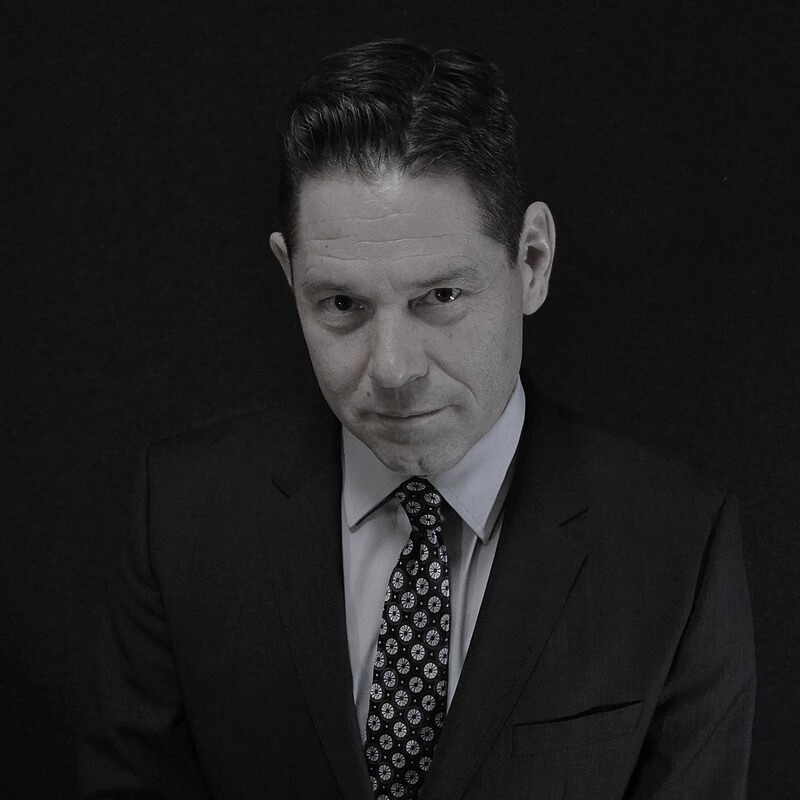
dgunkel@niu.edu
David J. Gunkel is Presidential Teaching Professor of Communication Studies at Northern Illinois University in DeKalb, Illinois. He teaches courses in web design and programming, information and communication technology and cyberculture. His own research which pertains to these topics is included in publications such as Hacking Cyberspace (Wetview Press 2001); Transgression 2.0: Media, Culture, and the Politics of a Digital Age (with T. Gournelos, Continuum 2011); Of Remixology: Ethics and Aesthetics After Remix (MIT Press 2016); and Gaming the System: Deconstructing Video Games, Games Studies, and Virtual Worlds (Indiana University Press 2018).
In addition to exploring various aspects of the contemporary cyberculture, Gunkel has been engaged in the philosophical project of rethinking the ontological and ethical status of robots and AI, which has resulted in the trilogy of books The Machine Question: Critical Perspectives on AI, Robots, and Ethics (MIT Press 2012); Robot Rights (MIT Press 2018); and Person, Thing, Robot: A Moral and Legal Ontology for the 21st Century and Beyond (MIT Press 2023).
In a nutshell, Gunkel argues that the emergence of robots and intelligent machines requires an abandonment of the traditional Western ontology which divides reality into mere things, on the one hand, and persons, on the other. Robots do not fit easily into either category. In addition to an ontological revision, the existence of robots also forces us to rethink our established ways of ascribing the moral status. Of these three books, The Machine Question in particular has received acclaim, having won “best book of the year” from the National Communication Association‘s (NCA) Communication Ethics Division.
While writing in an argumentative style of an analytic philosopher, Gunkel‘s approach is unique in employing some major concepts and theories of Continental philosophy – such as phenomenology, fundamental ontology and deconstruction – for the purpose of understanding AI and the new media and communication technology.
Professor Gunkel resides in Chicago, Illinois.
David J. Gunkel was Visiting Scholar in CETE-P in May 2025 and his stay encompassed a.o. global launch of publication Communicative AI: A Critical Introduction to Large Language Models (Polity 2025), a book that he authored together with Mark Coeckelbergh (CETE-P ERA Chair holder). Read more about his stay in a report here.
•• More people
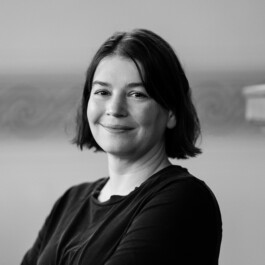
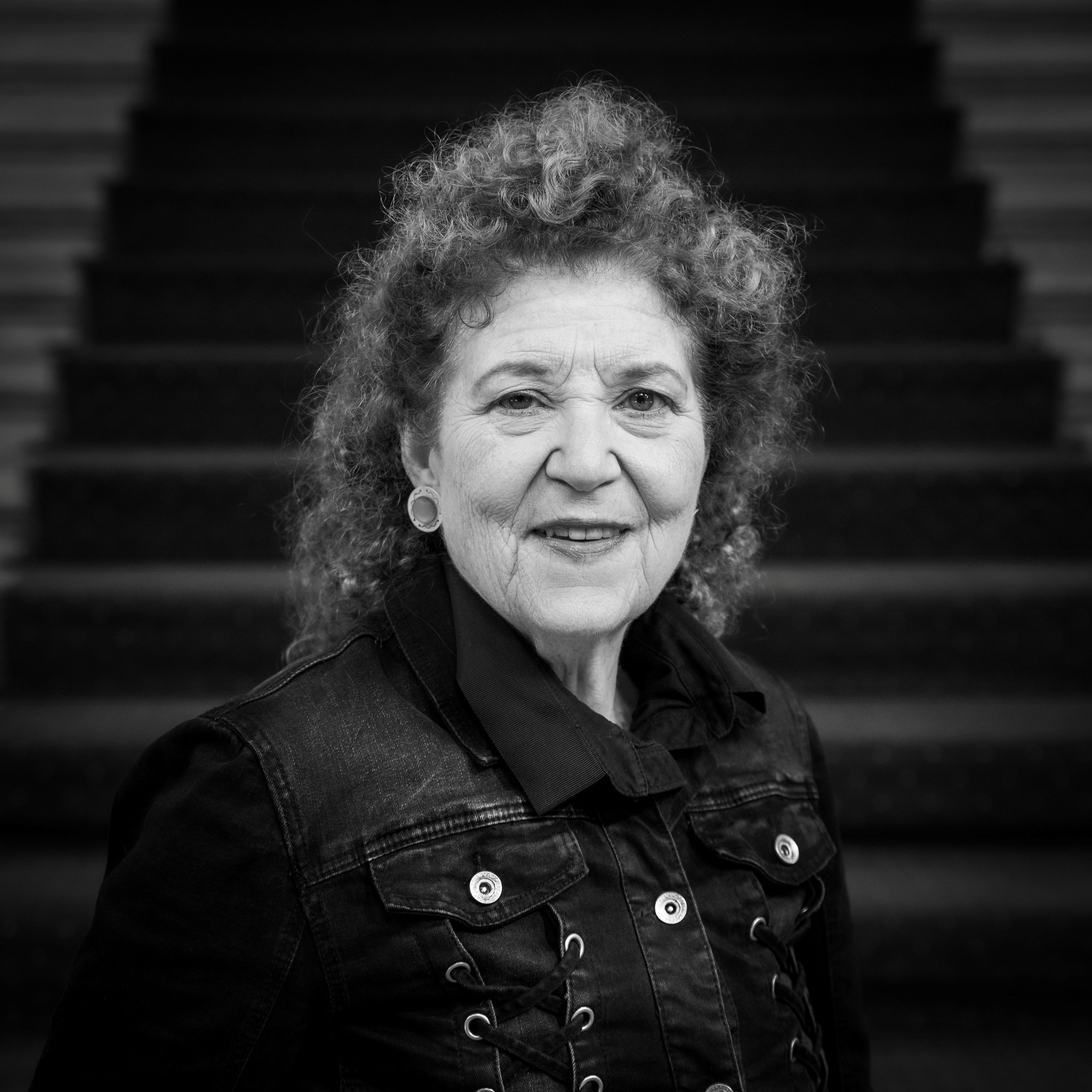
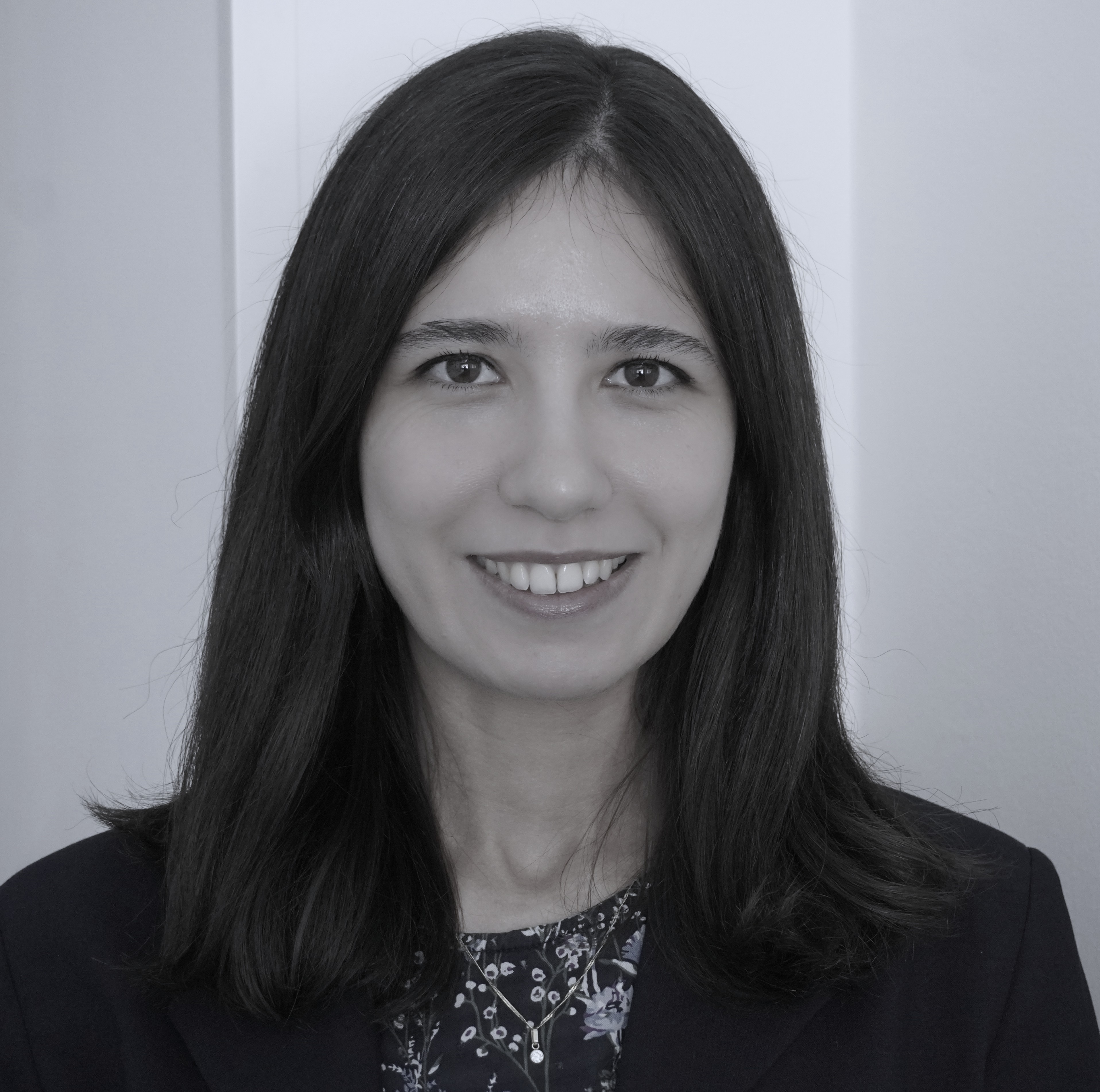
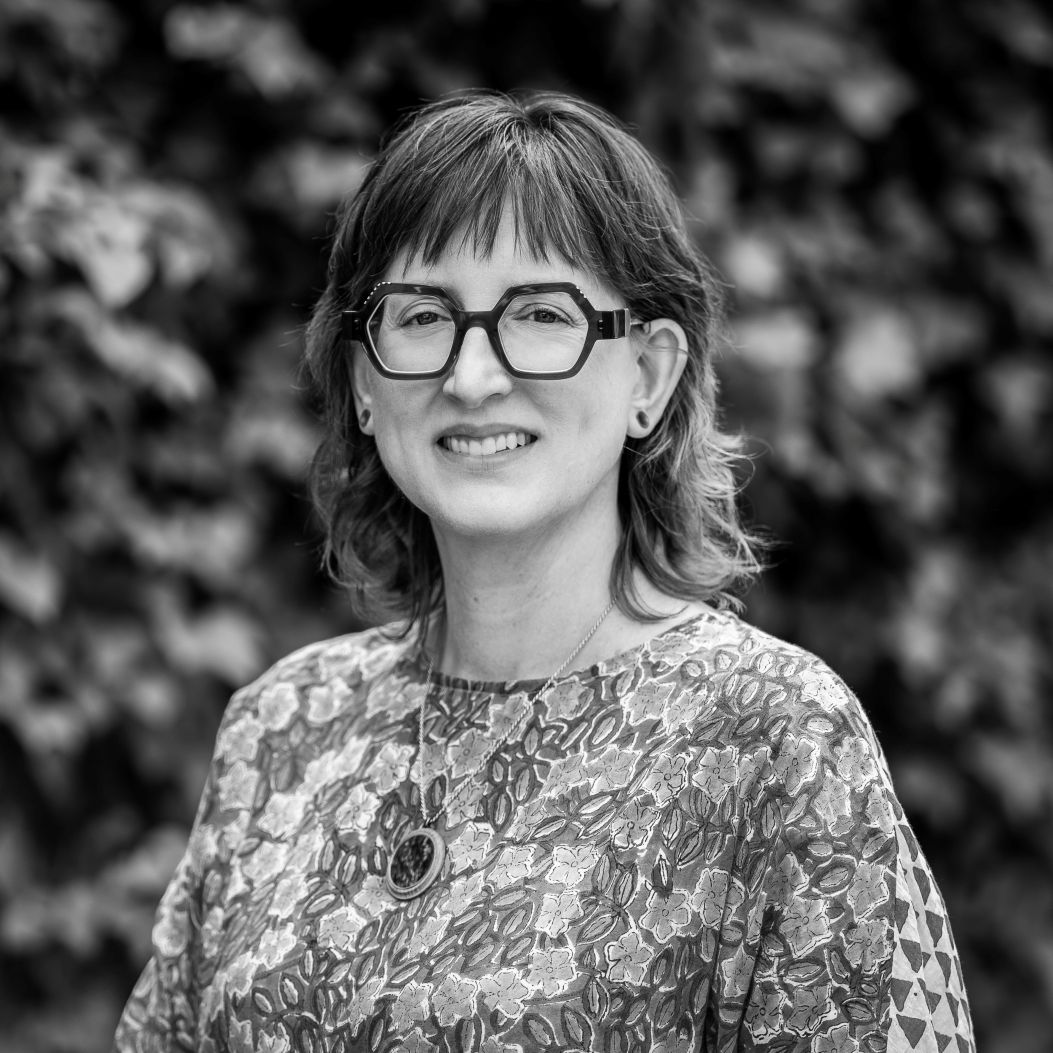
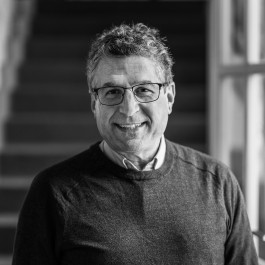
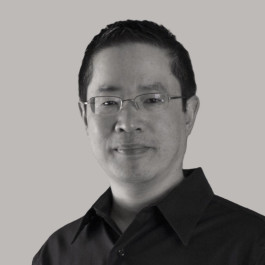
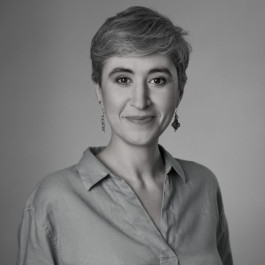
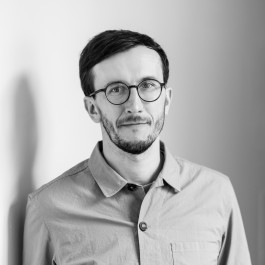
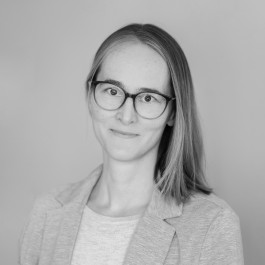

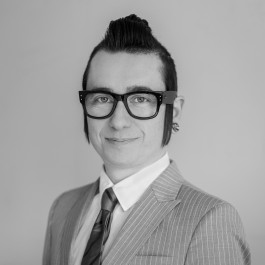
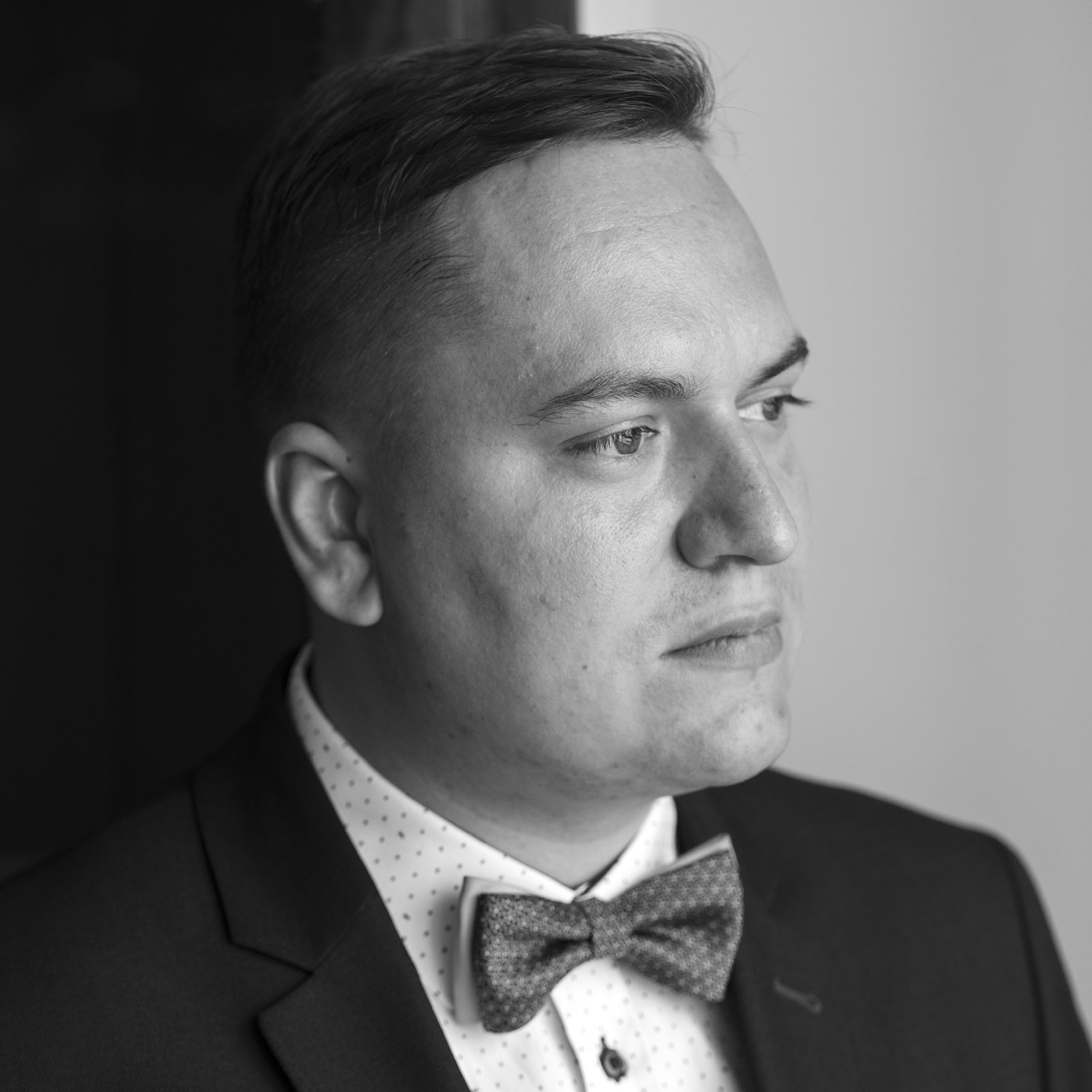
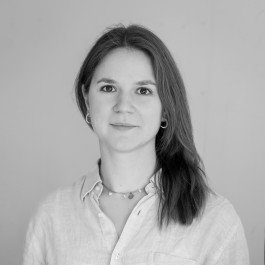
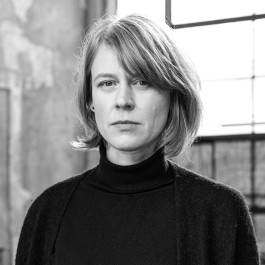
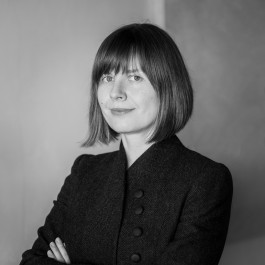
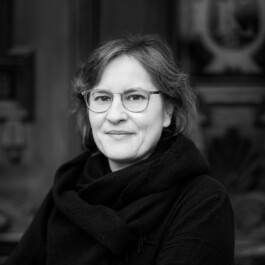
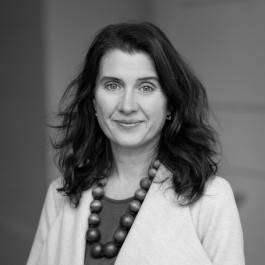
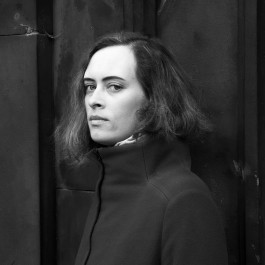
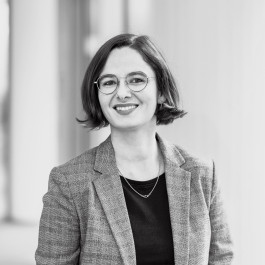
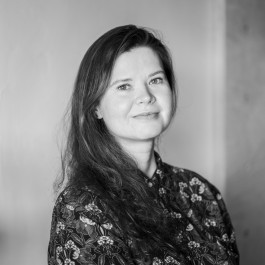
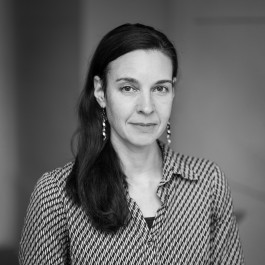
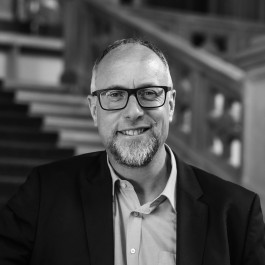
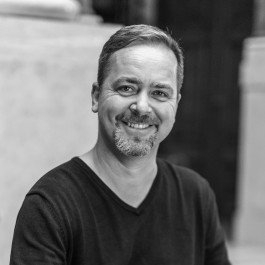
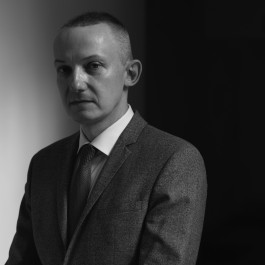
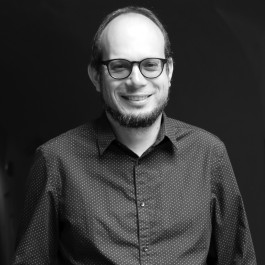
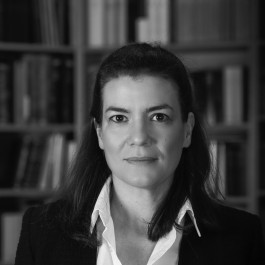
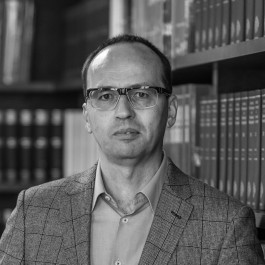
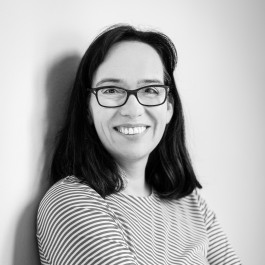
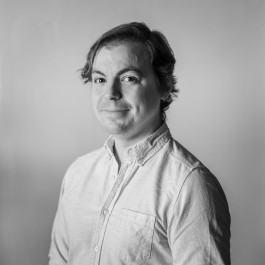

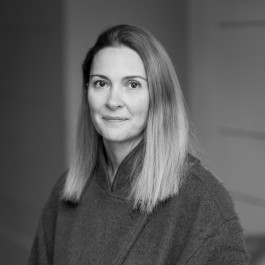

dgunkel@niu.edu
David J. Gunkel is Presidential Teaching Professor of Communication Studies at Northern Illinois University in DeKalb, Illinois. He teaches courses in web design and programming, information and communication technology and cyberculture. His own research which pertains to these topics is included in publications such as Hacking Cyberspace (Wetview Press 2001); Transgression 2.0: Media, Culture, and the Politics of a Digital Age (with T. Gournelos, Continuum 2011); Of Remixology: Ethics and Aesthetics After Remix (MIT Press 2016); and Gaming the System: Deconstructing Video Games, Games Studies, and Virtual Worlds (Indiana University Press 2018).
In addition to exploring various aspects of the contemporary cyberculture, Gunkel has been engaged in the philosophical project of rethinking the ontological and ethical status of robots and AI, which has resulted in the trilogy of books The Machine Question: Critical Perspectives on AI, Robots, and Ethics (MIT Press 2012); Robot Rights (MIT Press 2018); and Person, Thing, Robot: A Moral and Legal Ontology for the 21st Century and Beyond (MIT Press 2023).
In a nutshell, Gunkel argues that the emergence of robots and intelligent machines requires an abandonment of the traditional Western ontology which divides reality into mere things, on the one hand, and persons, on the other. Robots do not fit easily into either category. In addition to an ontological revision, the existence of robots also forces us to rethink our established ways of ascribing the moral status. Of these three books, The Machine Question in particular has received acclaim, having won “best book of the year” from the National Communication Association‘s (NCA) Communication Ethics Division.
While writing in an argumentative style of an analytic philosopher, Gunkel‘s approach is unique in employing some major concepts and theories of Continental philosophy – such as phenomenology, fundamental ontology and deconstruction – for the purpose of understanding AI and the new media and communication technology.
Professor Gunkel resides in Chicago, Illinois.
David J. Gunkel was Visiting Scholar in CETE-P in May 2025 and his stay encompassed a.o. global launch of publication Communicative AI: A Critical Introduction to Large Language Models (Polity 2025), a book that he authored together with Mark Coeckelbergh (CETE-P ERA Chair holder). Read more about his stay in a report here.
•• More people































Celetná 988/38
Prague 1
Czech Republic
This project receives funding from the Horizon EU Framework Programme under Grant Agreement No. 101086898. Views and opinions expressed are however those of the author(s) only and do not necessarily reflect those of the European Union or European Research Executive Agency (REA). Neither the European Union nor the granting authority can be held responsible for them.
Celetná 988/38
Prague 1
Czech Republic
This project receives funding from the Horizon EU Framework Programme under Grant Agreement No. 101086898. Views and opinions expressed are however those of the author(s) only and do not necessarily reflect those of the European Union or European Research Executive Agency (REA). Neither the European Union nor the granting authority can be held responsible for them.